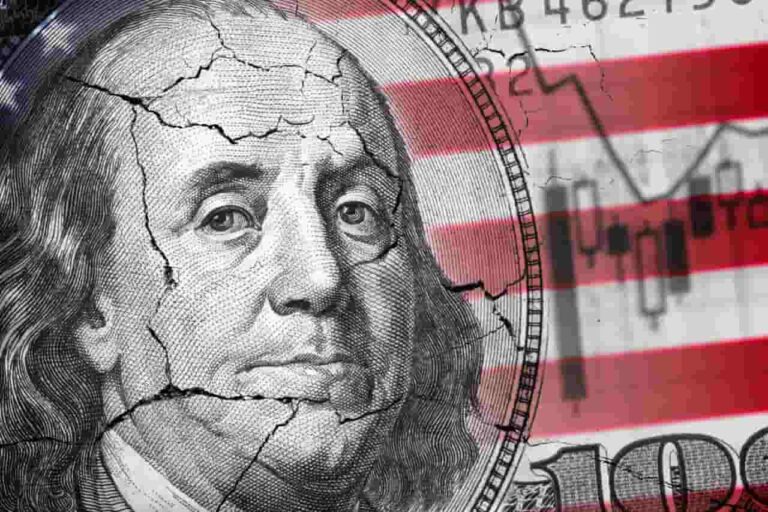
Consumer Spending Stalls: A Growing Concern for the U.S. Economy
Consumer spending, the cornerstone of the American economy, is signaling troubling patterns that echo the financial crisis of 2008. According to Mark Zandi, Chief Economist at Moody’s Analytics, recent data reveals that inflation-adjusted household spending has plateaued in 2025. This stagnation, as highlighted in a post by Zandi on August 31, raises significant concerns about the trajectory of the broader economy.
Weak Growth in 2025: Parallels to the Great Recession
Moody’s Analytics reports that real consumer spending has experienced minimal growth through July 2025. In stark contrast to the typical 1% to 2% growth rates seen during stable economic expansions, the midyear rate this year hovered around zero. This lackluster performance is the weakest since the recession of 2008-2009, raising alarms about consumer momentum despite ongoing job and wage growth.
Why Consumer Spending Trends Matter
Consumer spending accounts for approximately two-thirds of the U.S. GDP, making it a critical driver of economic health. Any prolonged slowdown in household outlays poses a significant risk to pushing the overall economy over the edge. While Zandi notes that the data does not confirm an ongoing recession, the parallels with 2008 suggest the economy is teetering dangerously close to one.
“Spending this year through July has barely budged from last year’s end – worse than any year since 2008-09. We all know what was going on then. This year’s sideways consumer spending isn’t consistent with a recession, but it is with an economy on the brink of one,” Zandi stated.
Additional Warning Signs of an Impending Downturn
Other indicators further solidify concerns about the U.S. economy. Zandi’s economic models estimate there is now a 50% chance of a recession occurring within the next year. Factors such as weak job data, slower payroll growth, and widespread industry job losses are contributing to this precarious position. Moreover, Zandi has highlighted a decreasing labor force as a significant barrier to sustained economic growth.
Interestingly, Zandi was among the first economists to call attention to the housing bubble in the mid-2000s. His accurate predictions ahead of the 2008 financial crisis add weight to his current warnings about the U.S. economy.
What Does This Mean for Everyday Americans?
With risks of a recession looming, consumers can take steps to protect themselves financially. For instance, building an emergency fund, minimizing debt, and diversifying investments are practical ways to navigate uncertain economic times. Additionally, keeping a close eye on market trends and consulting experts could provide further insight.
Exploring Related Financial Tools
If you’re concerned about managing your finances during uncertain times, consider exploring reliable platforms like eToro. This multi-asset investment platform allows you to invest in cryptocurrencies, stocks, and precious metals while benefiting from low fees and innovative tools such as copying top-performing traders in real time. Note: Investments are subject to risk, so ensure you’re well-informed before proceeding.
As the U.S. economy remains on edge, staying informed and prepared is essential. Follow our updates to stay ahead in navigating this volatile financial landscape.



